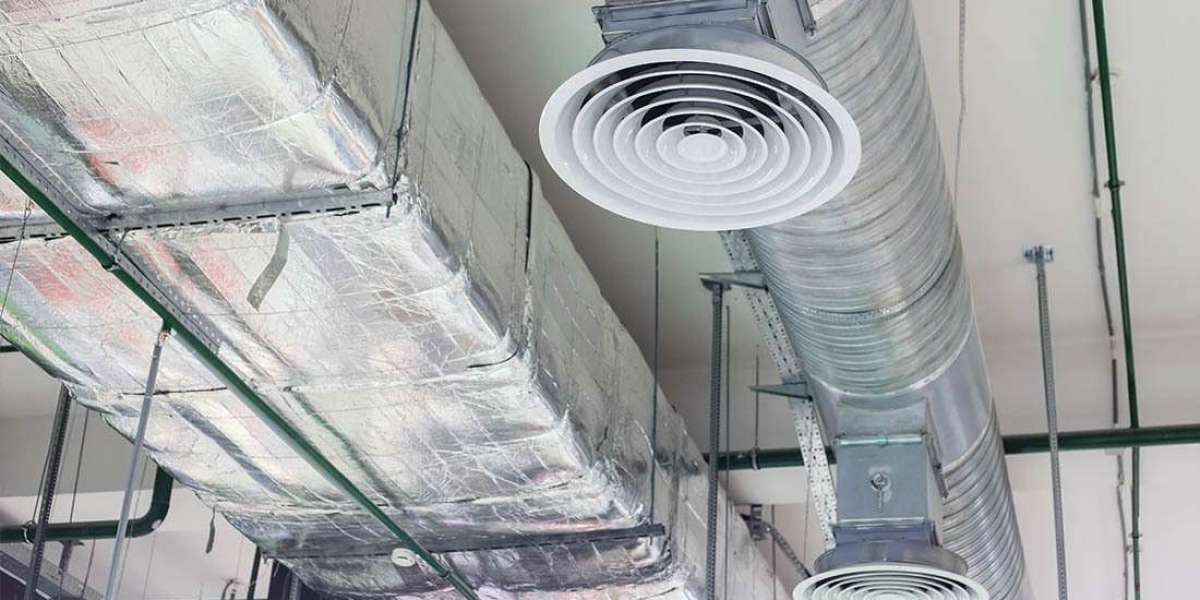Energy-efficient HVAC systems (Heating, Ventilation, and Air Conditioning) are changing how businesses and homeowners manage indoor climate. These systems are designed to reduce energy consumption while providing comfortable living and working spaces. By focusing on efficient heating and cooling, they not only help reduce energy bills but also minimize the environmental impact. Let’s explore how energy efficient HVAC systems work and why they’re an excellent investment.
How Energy-Efficient HVAC Systems Work
An energy-efficient HVAC system operates by optimizing the heating and cooling processes. These systems use advanced technology to monitor and adjust their energy usage based on current needs. For instance, many modern HVAC units are equipped with sensors that detect temperature changes and adjust output to maintain a set level. They are often more compact and include improved components that require less power.
Some systems also incorporate “smart” technology. This includes programmable thermostats, which allow users to set specific temperatures based on daily schedules. Instead of running constantly, an energy efficient HVAC systems will cycle on and off as needed. This saves energy and prevents the wear and tear associated with older, constantly running systems.
Benefits of Energy-Efficient HVAC Systems
Reduced Energy Costs
Energy efficient HVAC systems reduce the amount of electricity or fuel needed to maintain desired temperatures. Studies show that upgrading to energy-efficient models can lower energy bills by up to 30%. Over time, these savings can cover the initial investment in a new system. Homeowners and businesses alike enjoy the cost-effectiveness of these efficient units.Lower Environmental Impact
Reducing energy consumption directly decreases the carbon footprint of a household or business. Since these systems use less power, they contribute to lower greenhouse gas emissions. This is a big step towards a more sustainable future. By switching to an energy-efficient HVAC system, you’re helping to protect the environment.Enhanced Comfort and Air Quality
Modern HVAC systems don’t just regulate temperature; they also improve air quality. Advanced filters and ventilation options trap allergens, dust, and other contaminants, leading to cleaner indoor air. Many energy-efficient units also have improved humidity control, which helps in areas with high humidity levels.Improved System Longevity
Traditional HVAC systems are prone to frequent breakdowns, especially when running continuously. Energy-efficient systems are designed to run less, reducing strain and extending the lifespan of the equipment. Regular maintenance on these systems further enhances their durability.
Choosing the Right Energy Efficient HVAC System
When choosing an energy efficient HVAC systems, it’s essential to look for units certified by ENERGY STAR, a government-backed symbol for energy efficiency. These products meet strict efficiency guidelines set by the U.S. Environmental Protection Agency (EPA). Additionally, consider the size of your home or building and your local climate.
Smart technology integration is another feature to consider. Many HVAC systems can connect to mobile devices, allowing you to control temperature settings remotely. This flexibility not only increases convenience but also helps maintain energy efficiency when you’re not at home.
Maintaining Energy Efficiency in HVAC Systems
To ensure your HVAC system remains energy efficient, regular maintenance is essential. Change air filters every one to three months to prevent blockages that can force the system to work harder. Schedule annual check-ups with an HVAC technician to keep the system in top shape.
Conclusion
Energy efficient HVAC systems offer substantial savings, comfort, and environmental benefits. By reducing energy consumption, lowering costs, and improving indoor air quality, they’re an excellent choice for both residential and commercial buildings. Investing in one not only adds value to your property but also contributes to a more sustainable world.









